If You're Taking Probiotics, Don't Forget About This Important Step
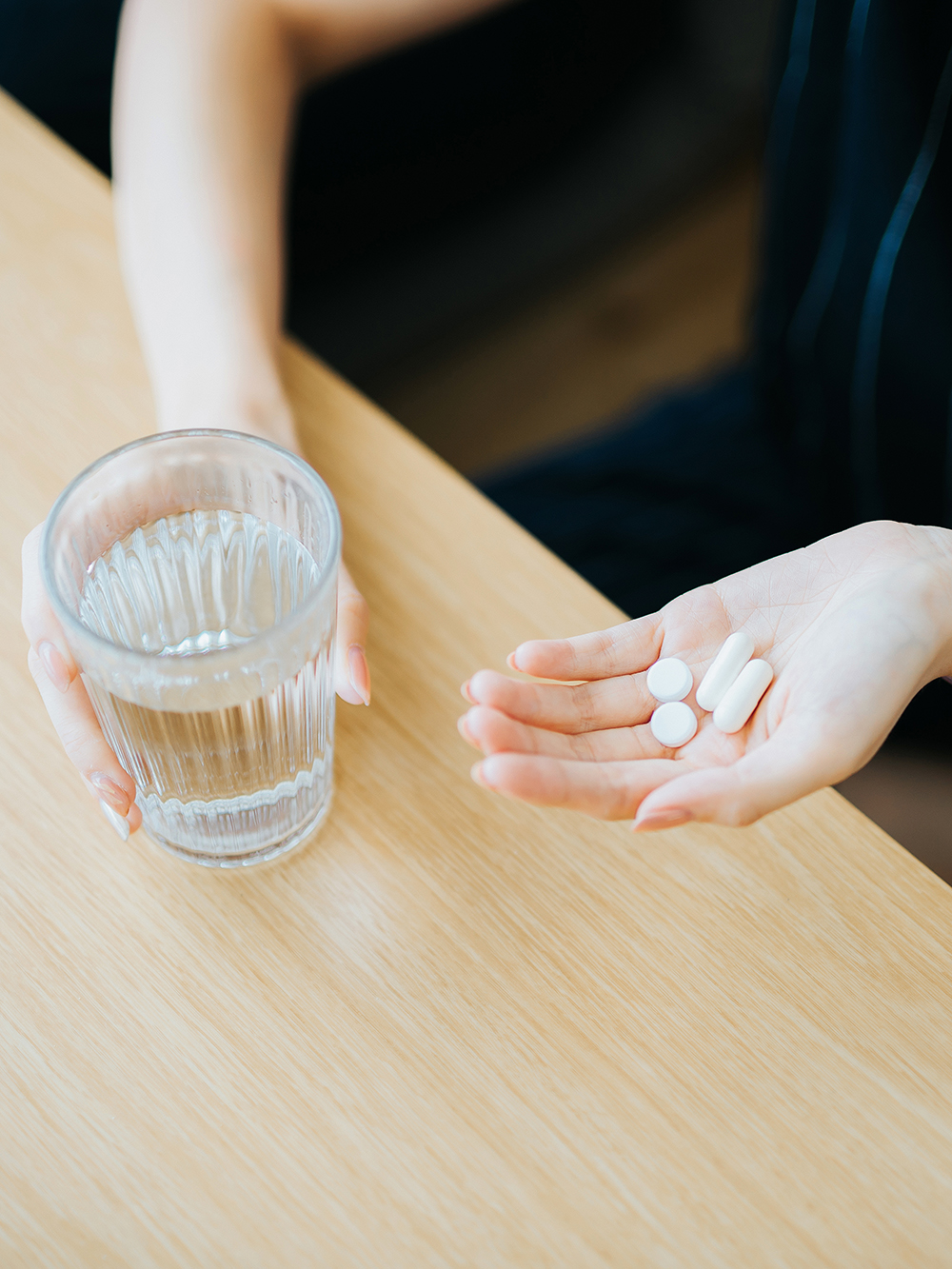
You probably know about probiotics already. They're the "good" bacteria that can improve your gut health. And if you don't know already, the health of your gut can affect pretty much your whole body, from your digestion to your skin, cardiovascular system, and immune system.
You can find probiotics in fermented foods, but you can also get them in supplemental form. Many of these supplements have different bacteria strains, which have various benefits, like some promote women's health, while others promote digestive health. When looking for a supplement, read the labels carefully to choose which ones are the best for your needs. It's also always helpful and recommended to talk to your doctor before taking anything new and they can help give you some suggestions on the brands and formulas to take.
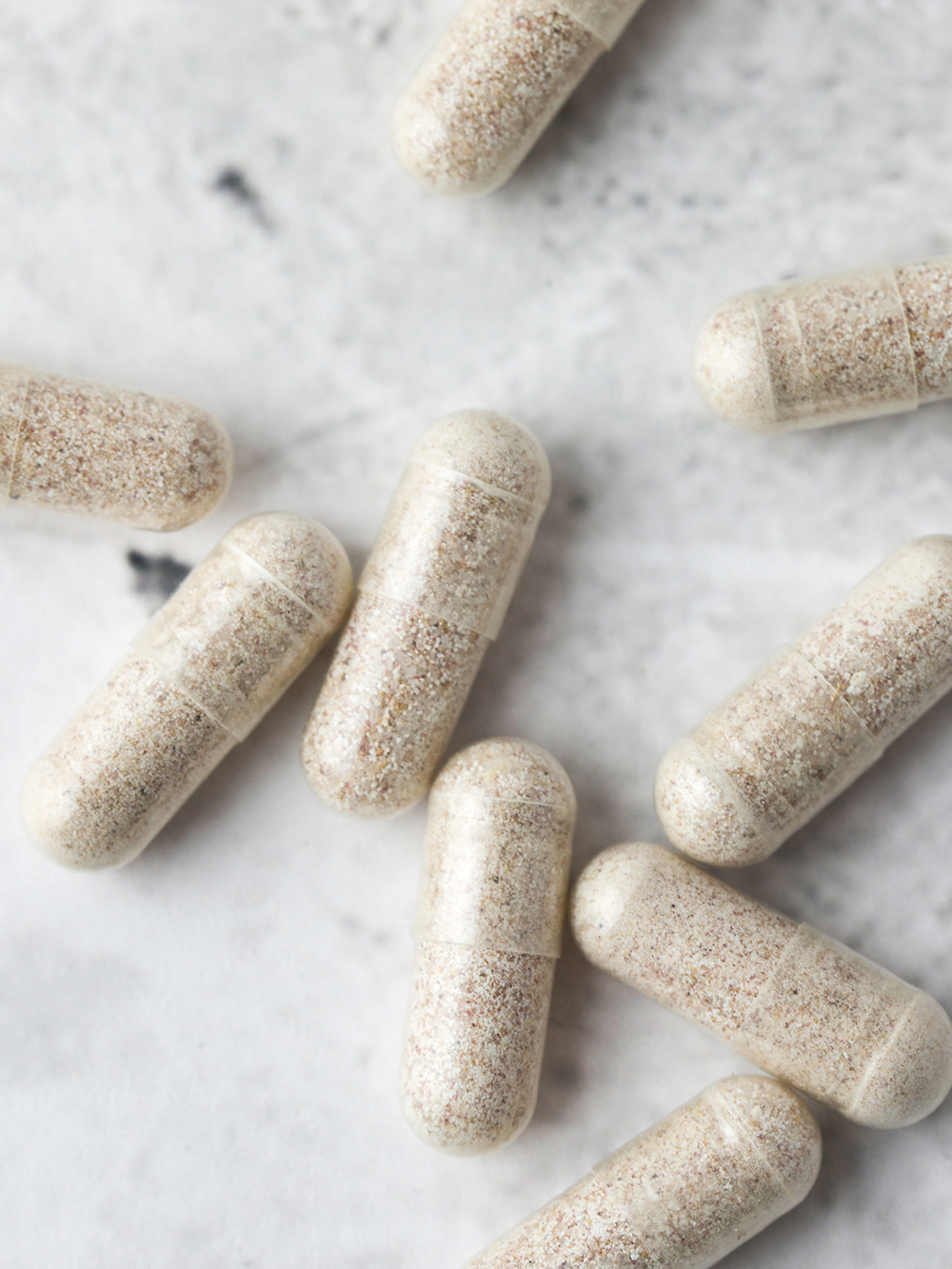
So anyways, you know about probiotics, but did you know that they're pretty much useless if you're not getting prebiotics? Yes, that's right, you need prebiotics, too. They're non-digestible carbohydrates (or fibers) that serve as "food" for the healthy gut bacteria (probiotics), so they can help them grow and thrive.
You can get prebiotics through your diet, but you can also find them in supplement form, too. In fact, many probiotic formulas also contain prebiotics, so they're like a two-in-one. You can take a look at some prebiotic supplements below.
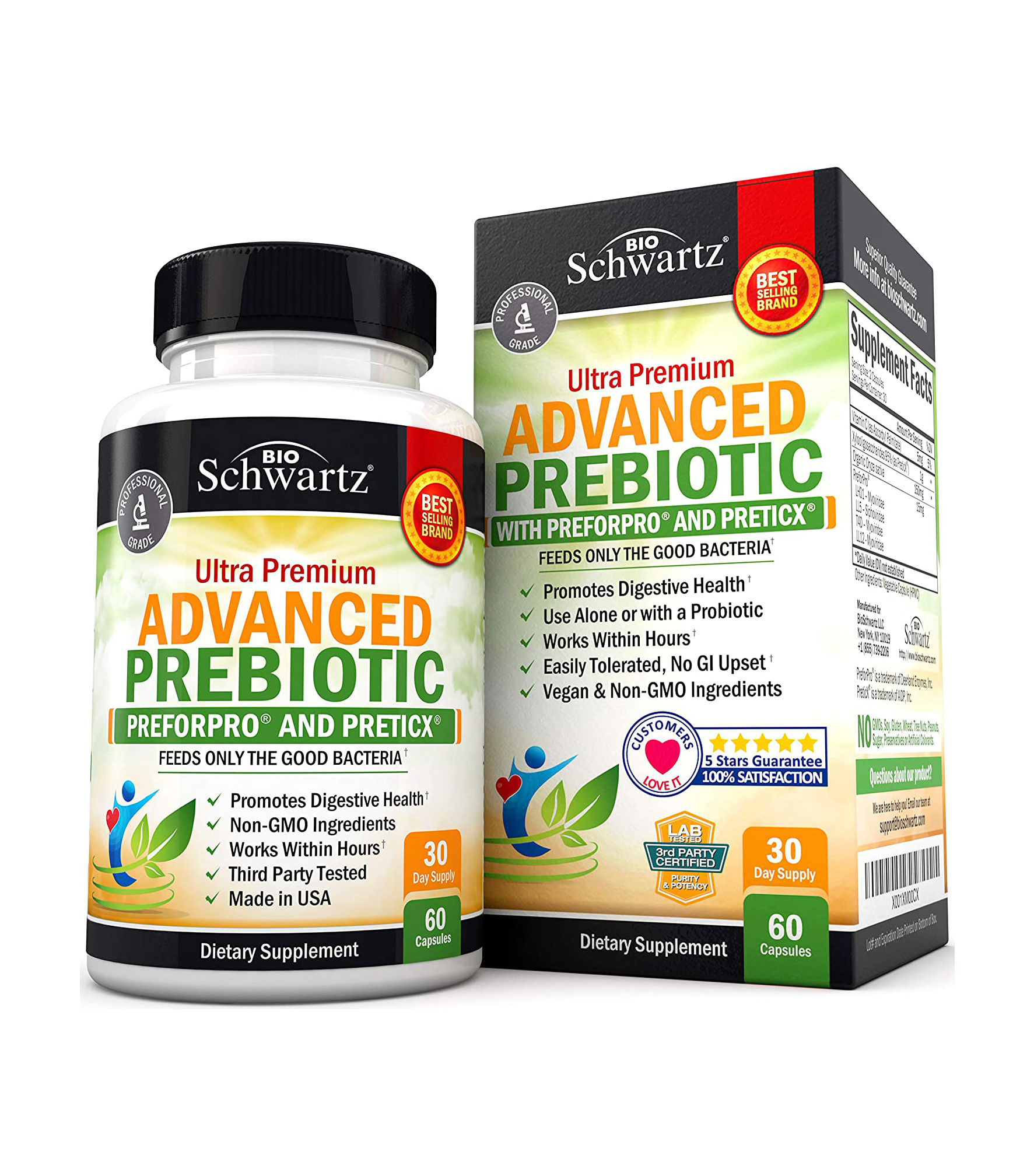
This prebiotic formula contains PreforPro and PreticX prebiotic fibers to improve the microbiome and allow for better absorption of nutrients. The supplement also inhibits the growth of "bad" bacteria.
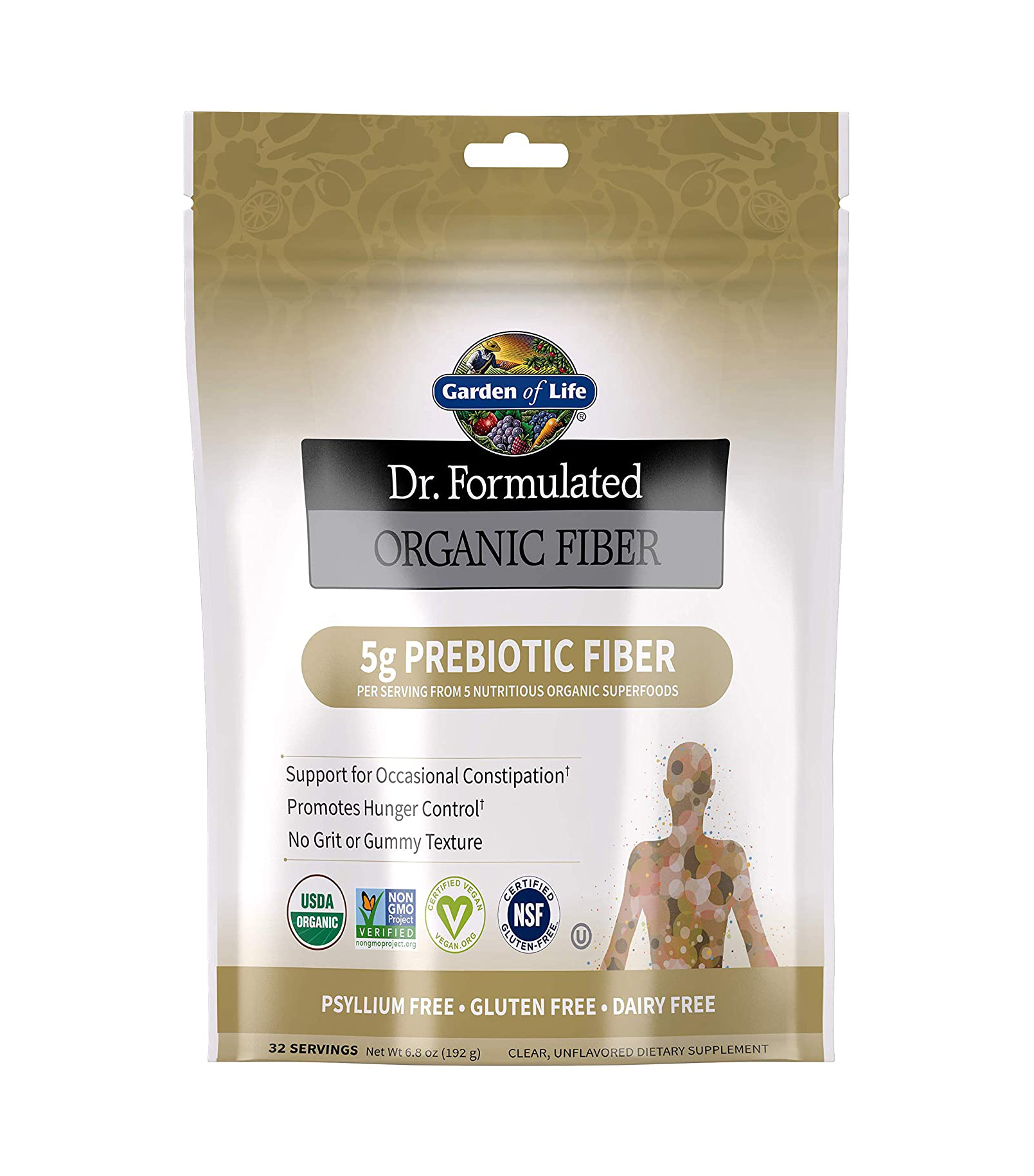
Made from organic acacia, organic orange peel, organic baobab fruit, organic orange peel, and organic cranberry fruit, this powder supplement contains 5g of prebiotic fiber in each serving.
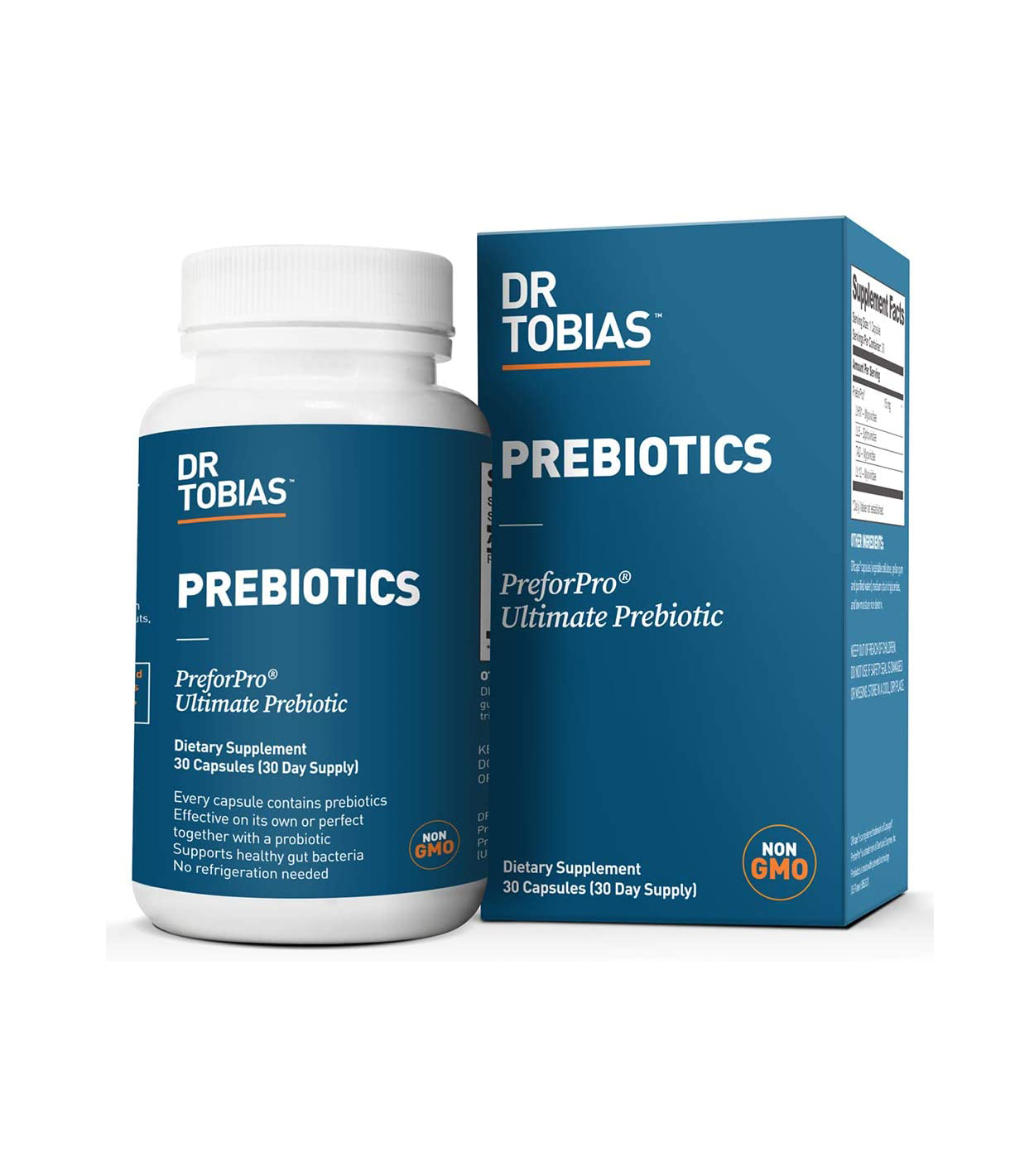
There is PreforPro in this supplement, which stimulates the growth of healthy gut bacteria to help with digestion.
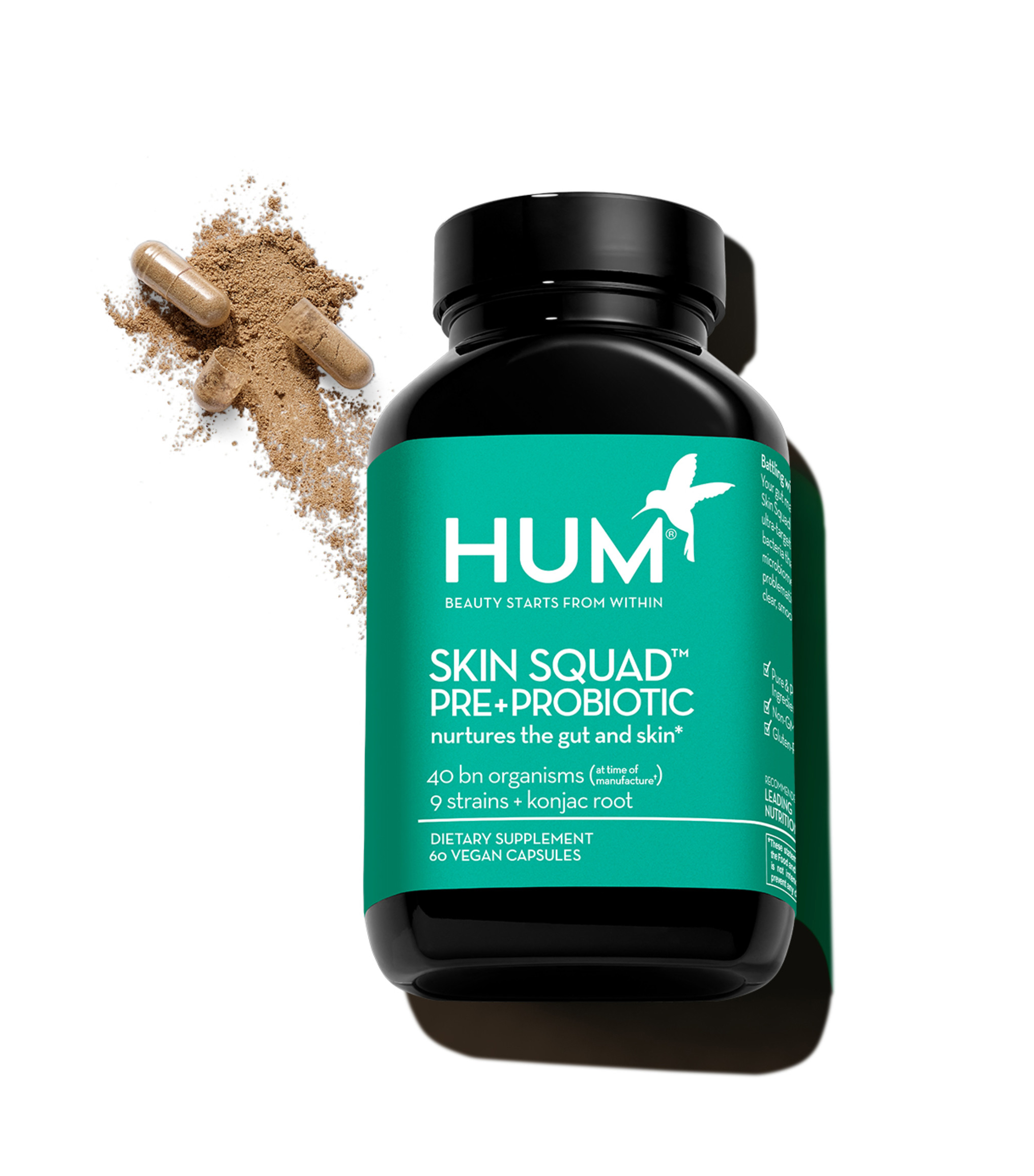
Hum Nutrition's supplement is one of the two-in-one formulas mentioned earlier. In addition to the prebiotic konjac root, it also contains nine strains of probiotics. It's designed to promote a clear complexion and support a healthy digestion.
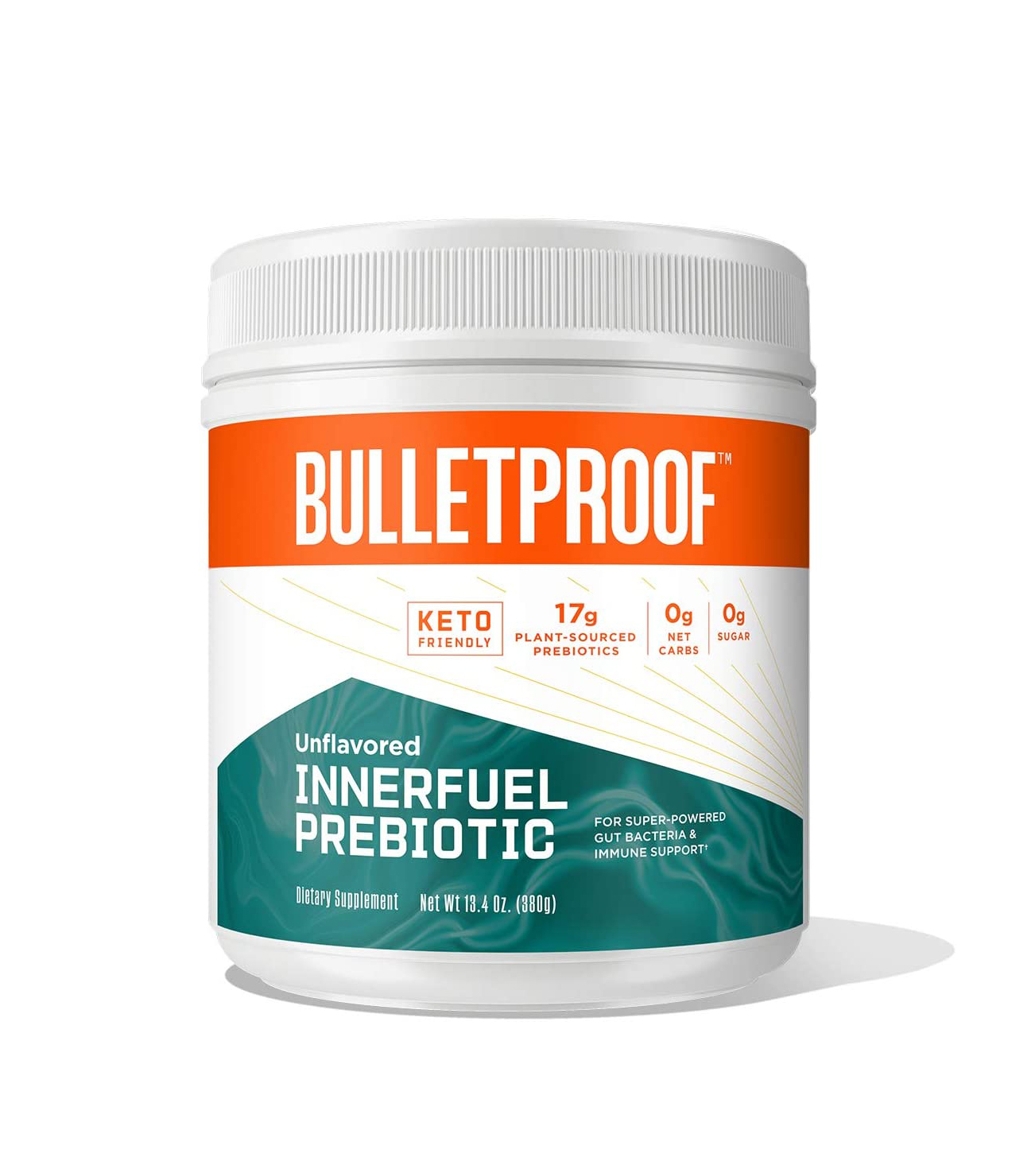
You get 17g of prebiotics per serving with this supplement powder. The plant-based formula contains organic acacia, guar fiber, and larch arabinogalactan (which is also an immune booster).
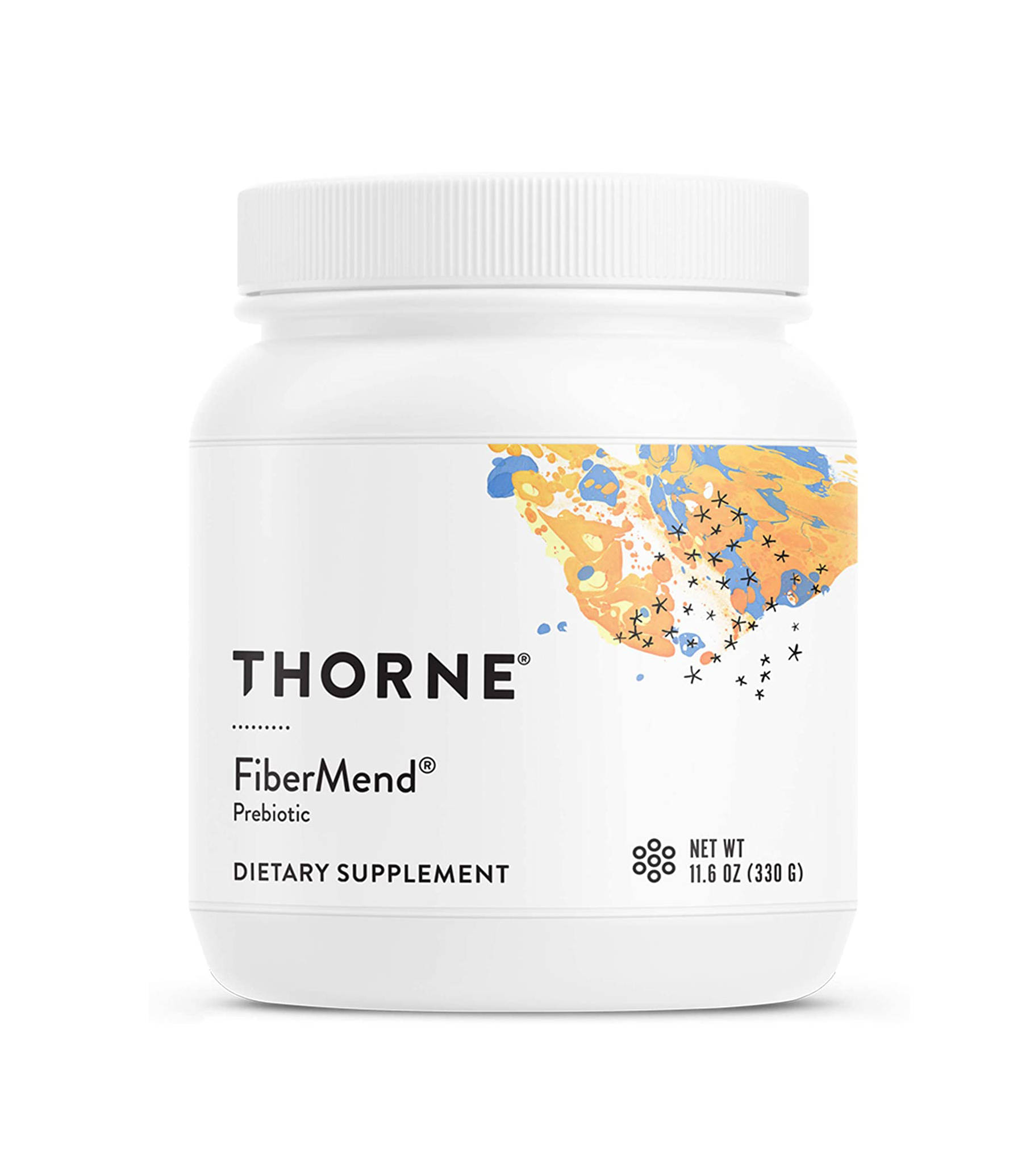
Thorne's prebiotic powder is high in soluble fiber and mixes easily into water or other beverages. It contains Sunfiber, which can help lessen gas, bloating, and GI discomfort.
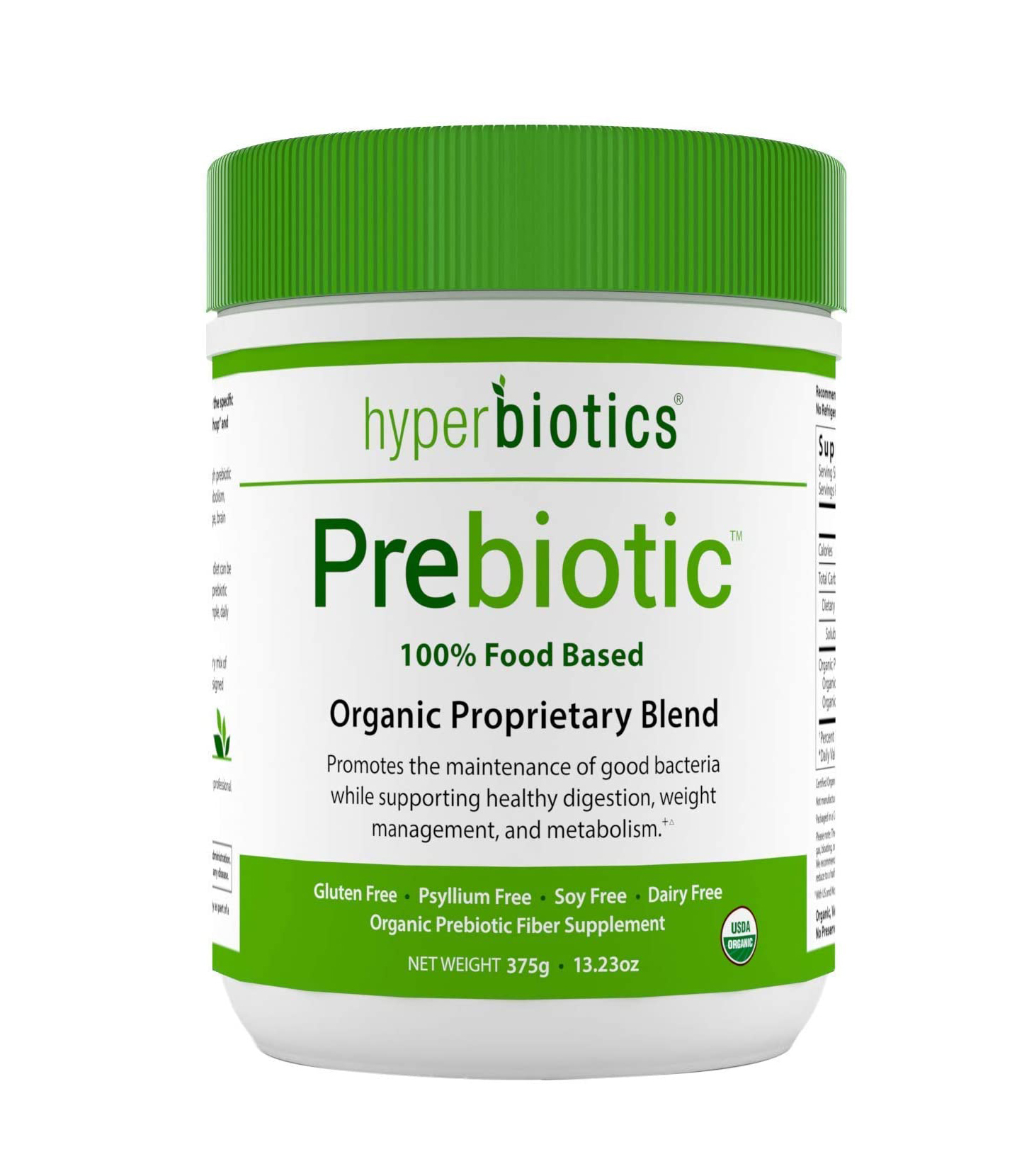
If you have a sensitive stomach, this prebiotic product might be the one you should consider since it's specially formulated with that in mind. It contains a mix of acacia fiber, inulin, resistant starch, and soluble dietary fiber to support the gut.
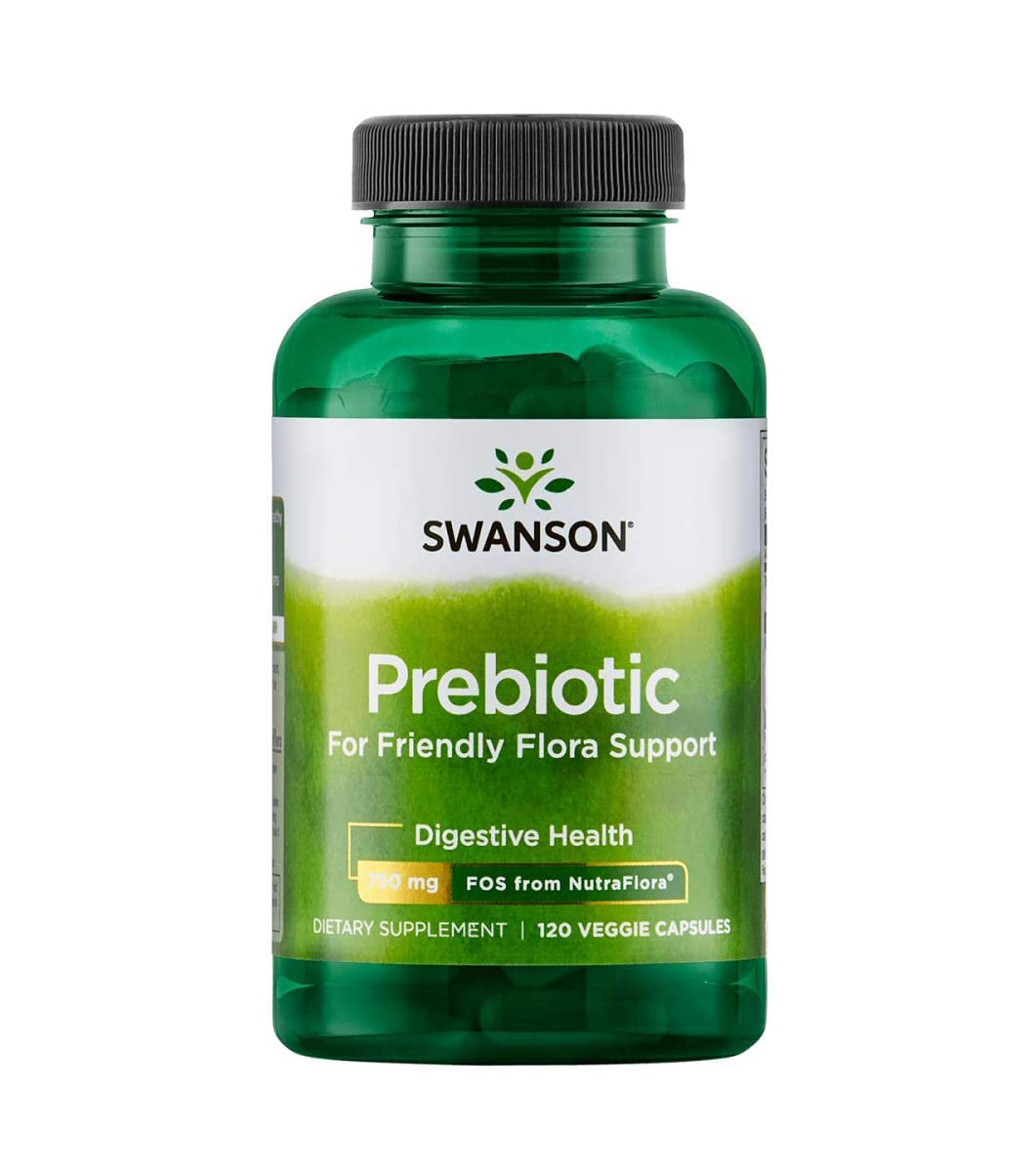
Swanson's prebiotic promotes healthy microflora. It contains NutraFlora FOS, which studies show that 1g per day increases friendly bacteria by over 500% in four weeks.
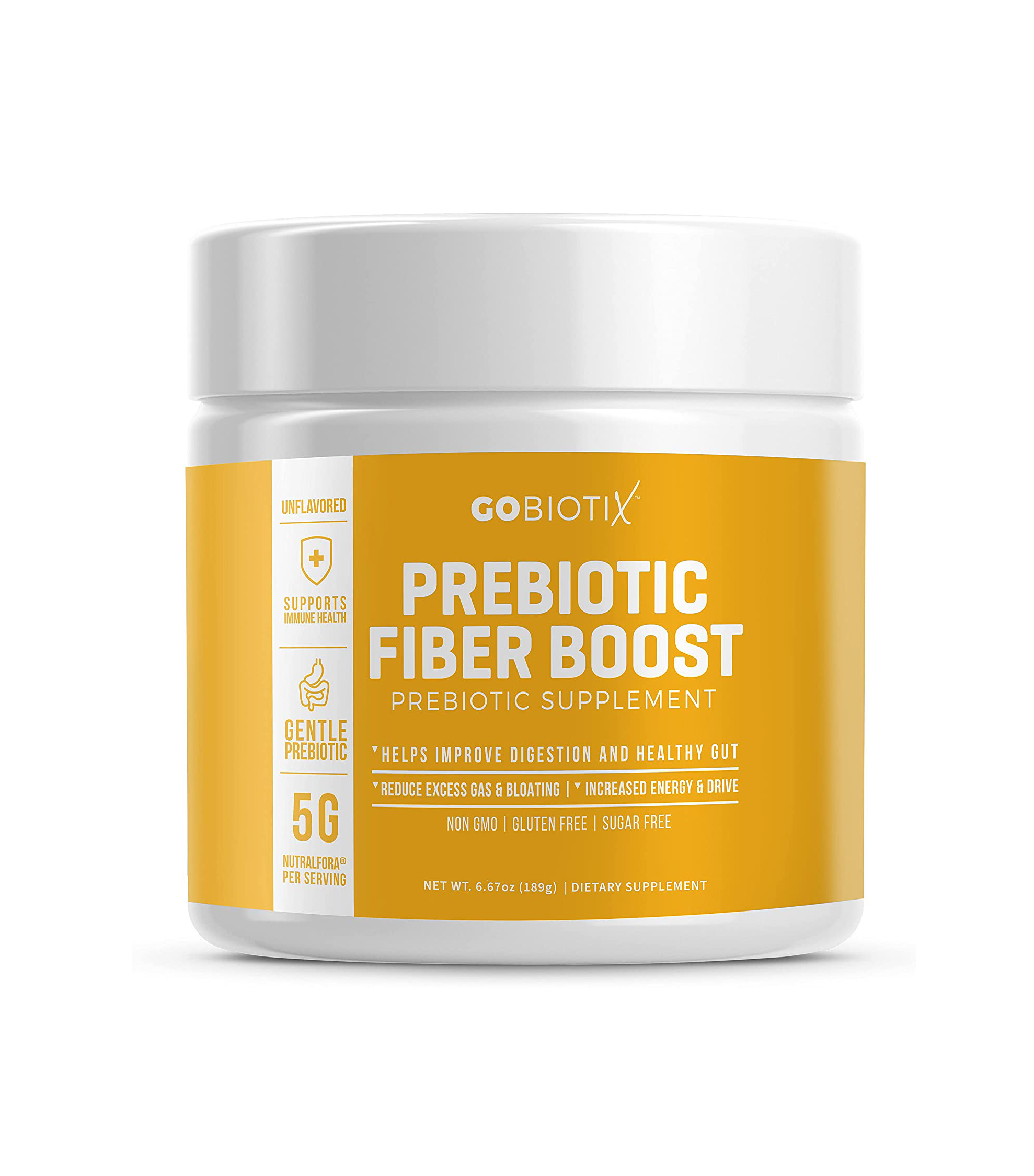
This prebiotic supplement promotes digestion and a healthy gut; reduces gas and bloating; and boosts energy levels.
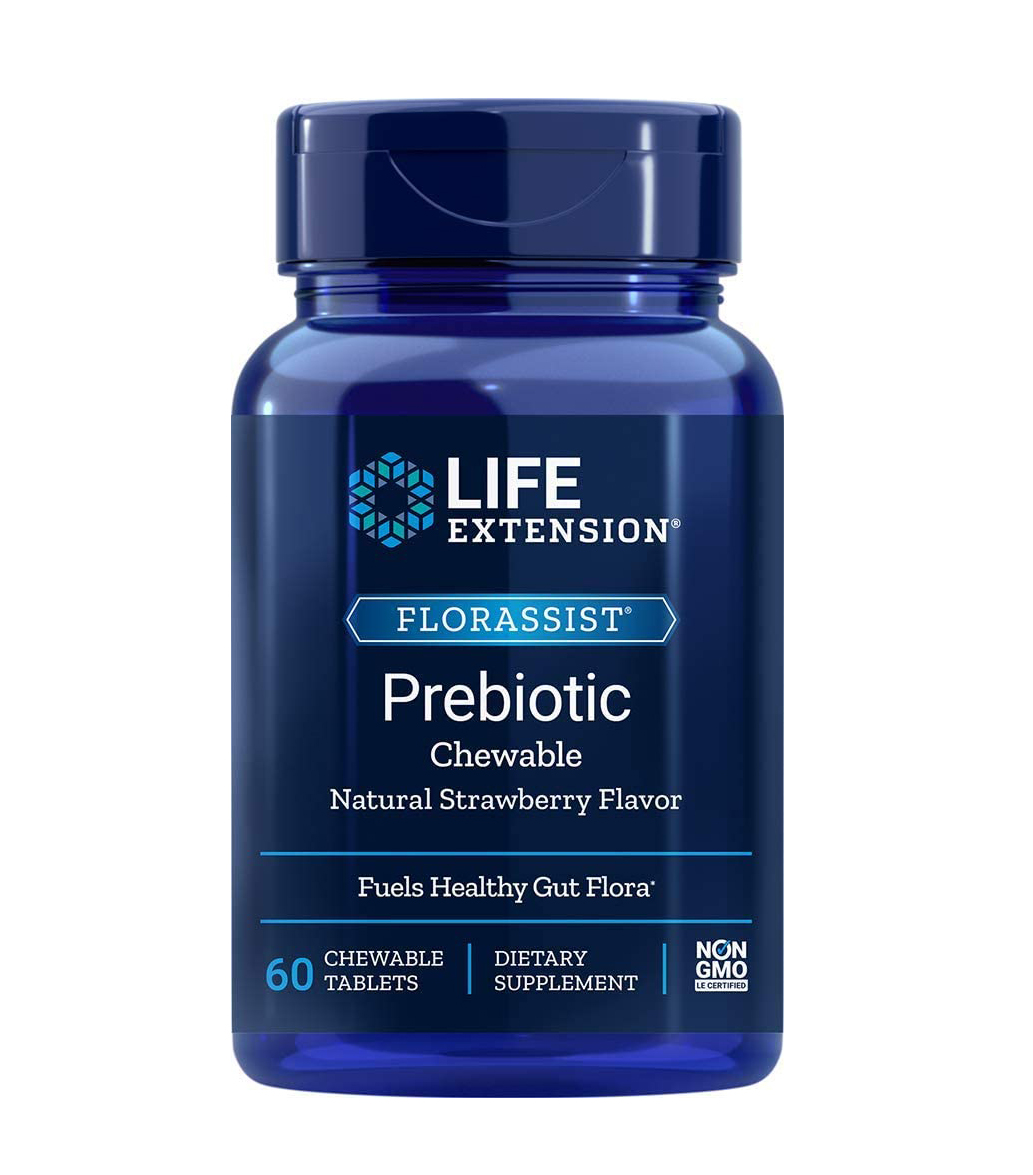
These supplements are so easy to take—they're chewable and have a natural strawberry flavor.
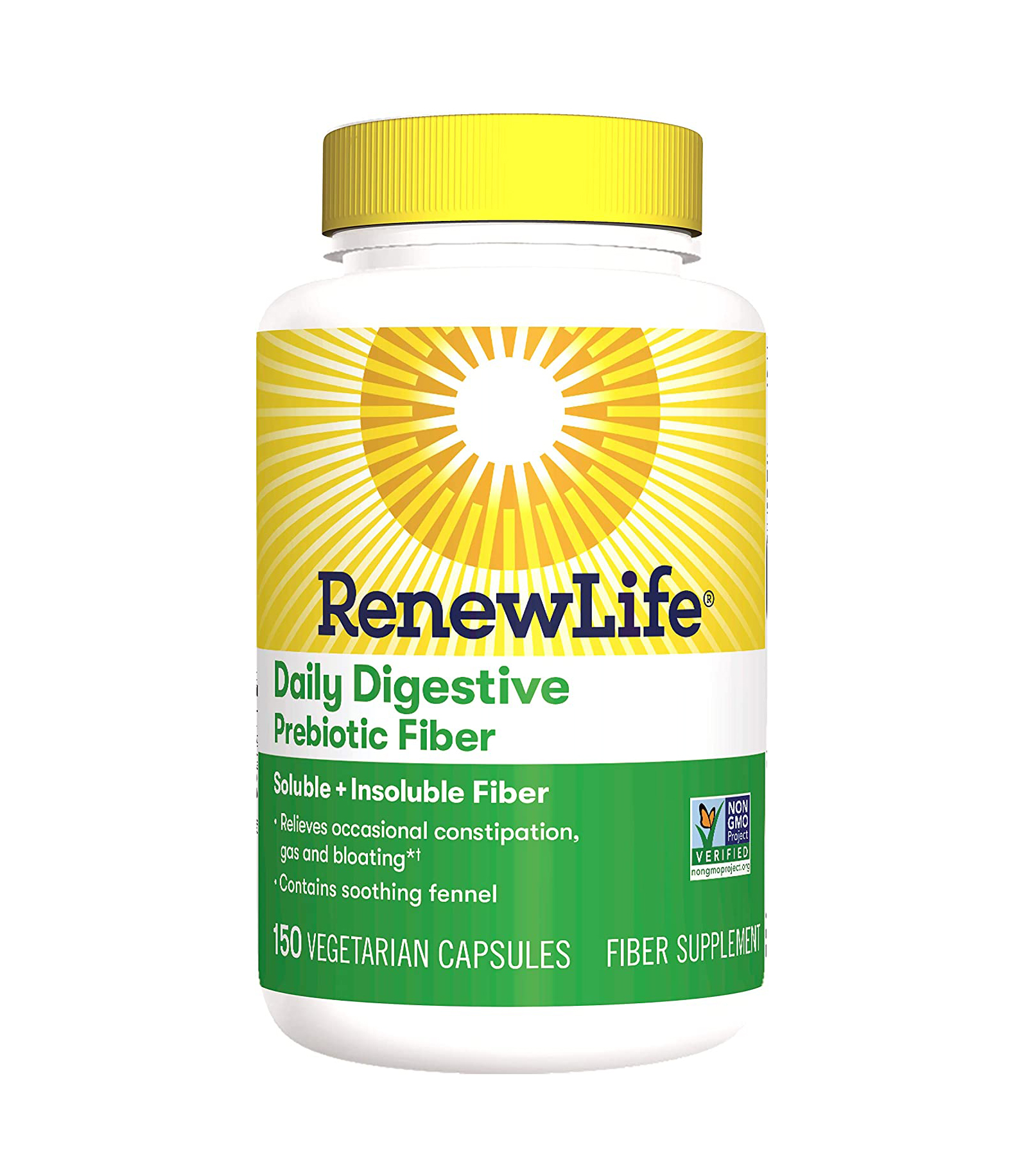
RenewLife's daily prebiotic contains both soluble and insoluble fibers—flax seed and oat fiber to relieve constipation, plus fennel to help with gas and bloating.
Foods With Prebiotics
Bananas
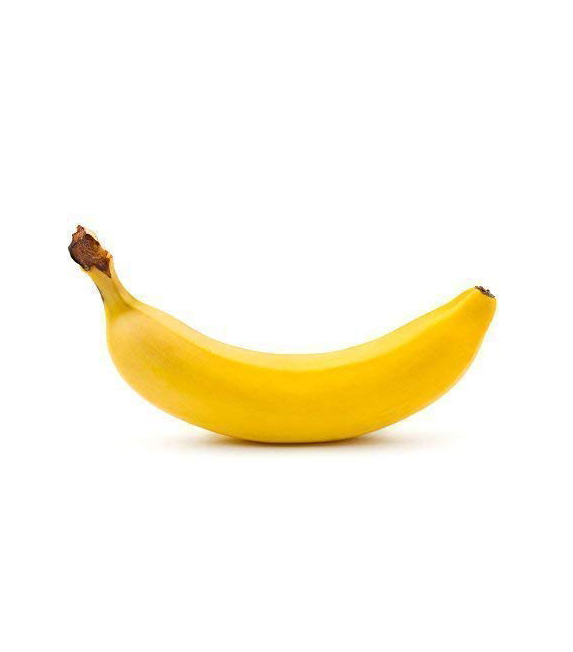
The greener the banana, the higher they are in resistant starch, which means they have the most prebiotic benefits.
Asparagus
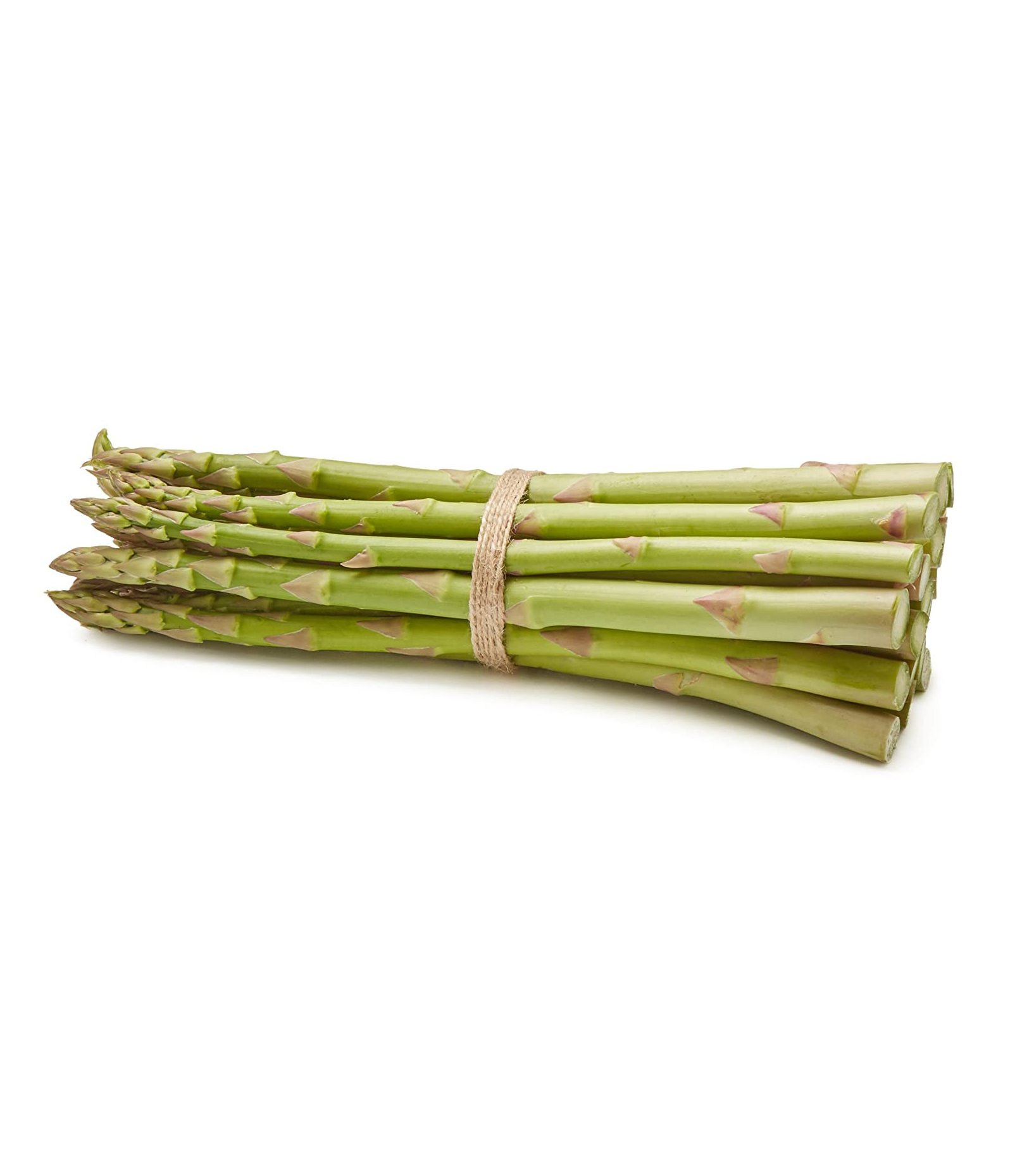
Don't overcook your asparagus, or eat them raw to get the most prebiotics.
Raw Garlic
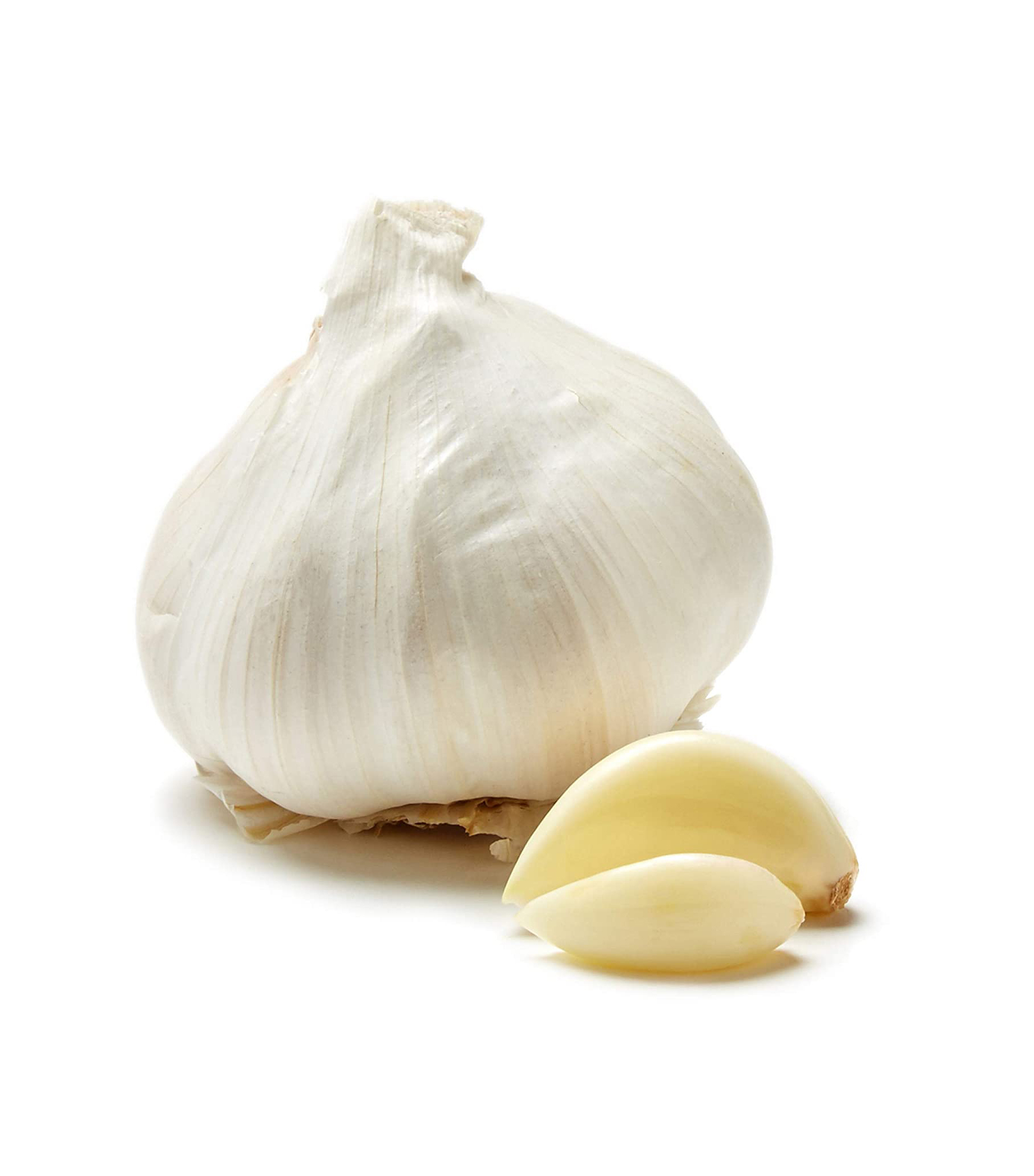
Raw garlic contains about 17% prebiotic fiber per ounce. Raw is the key word here, as when they're cooked they lose much of their fiber content.
Onions
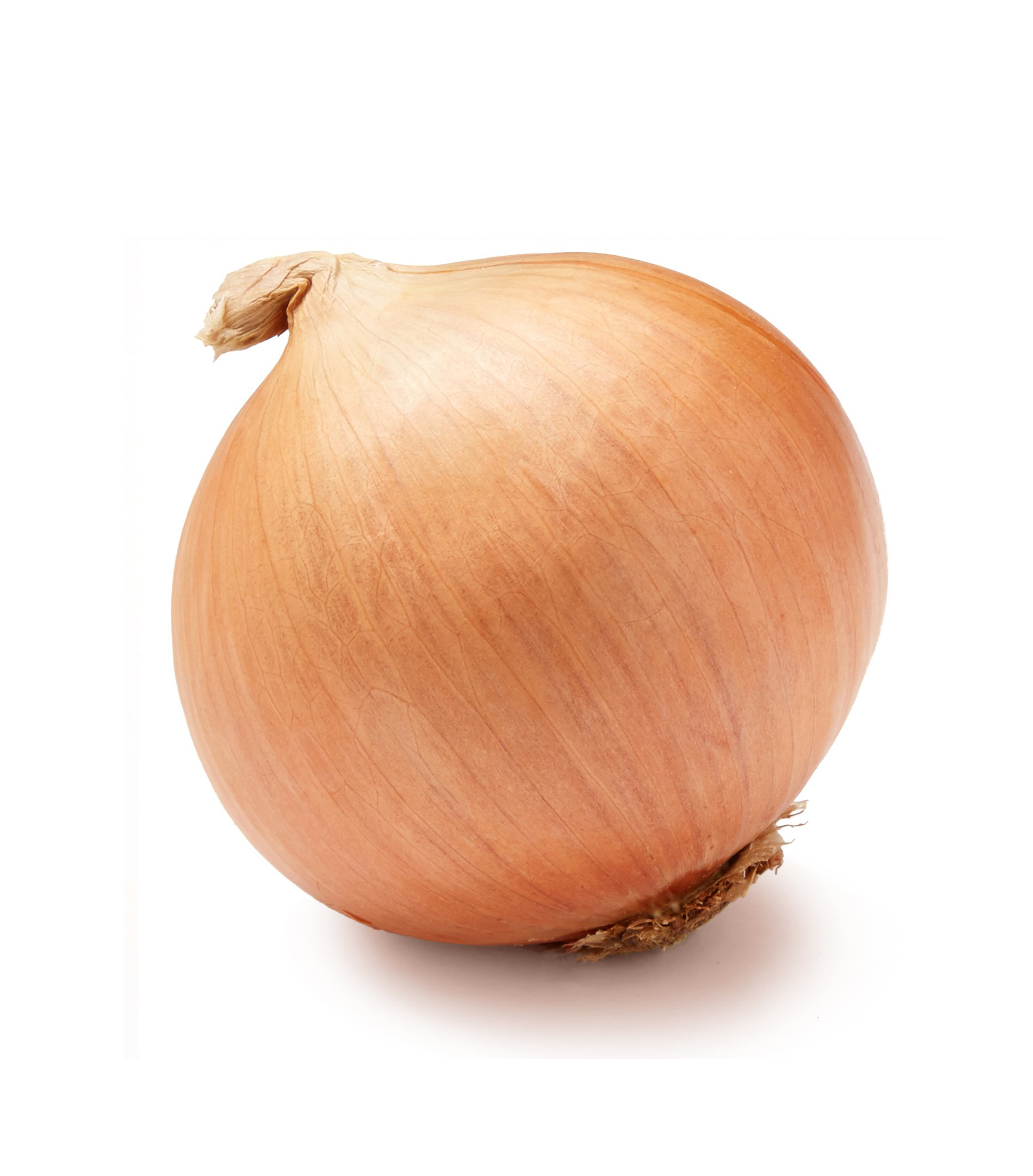
Like many of the veggies on this list, you don't want to overcook onions so they retain their natural prebiotic benefits.
Whole Oats
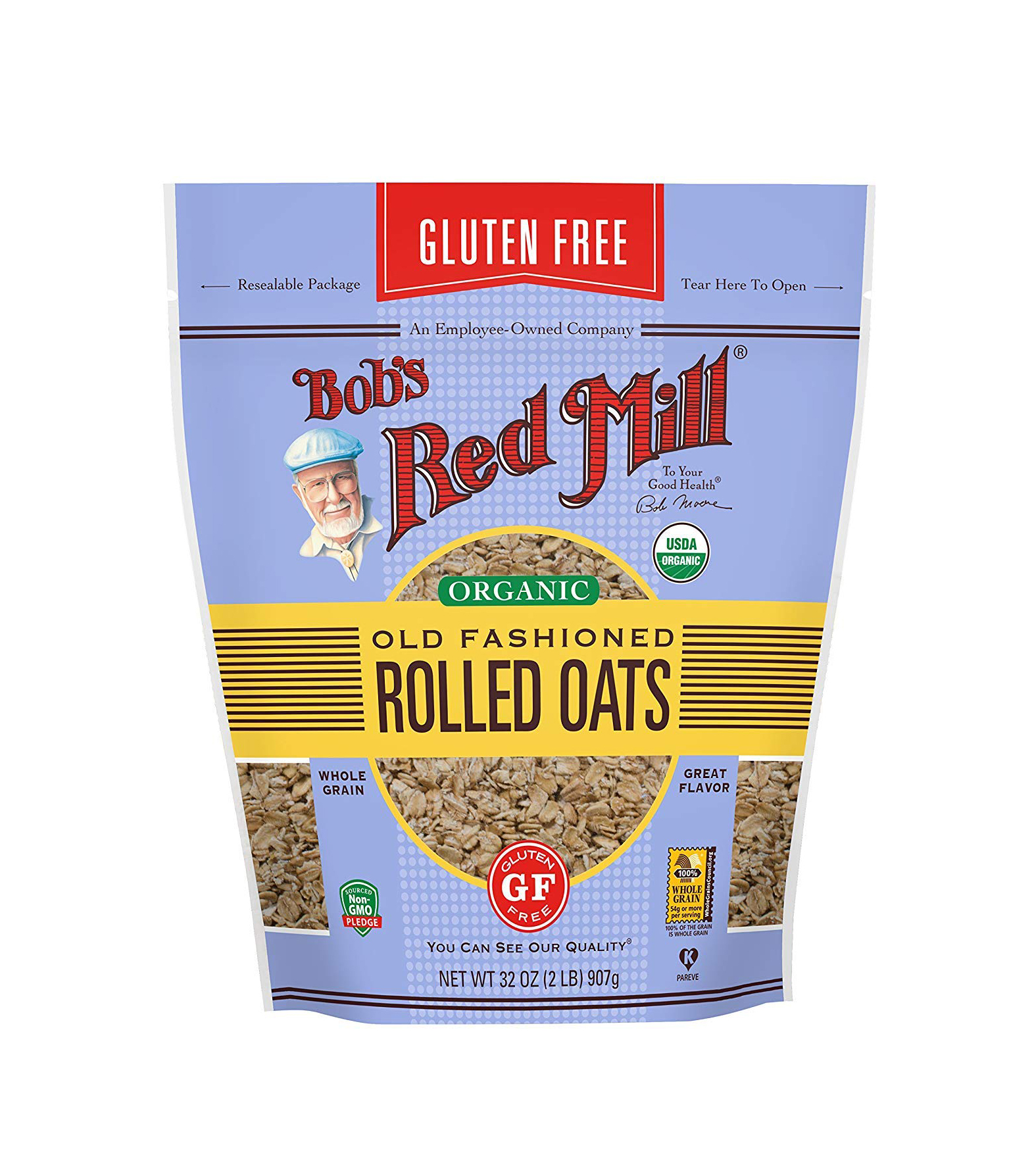
Whole oats contain beta-glucan fiber and some resistant starch.
Chicory Root
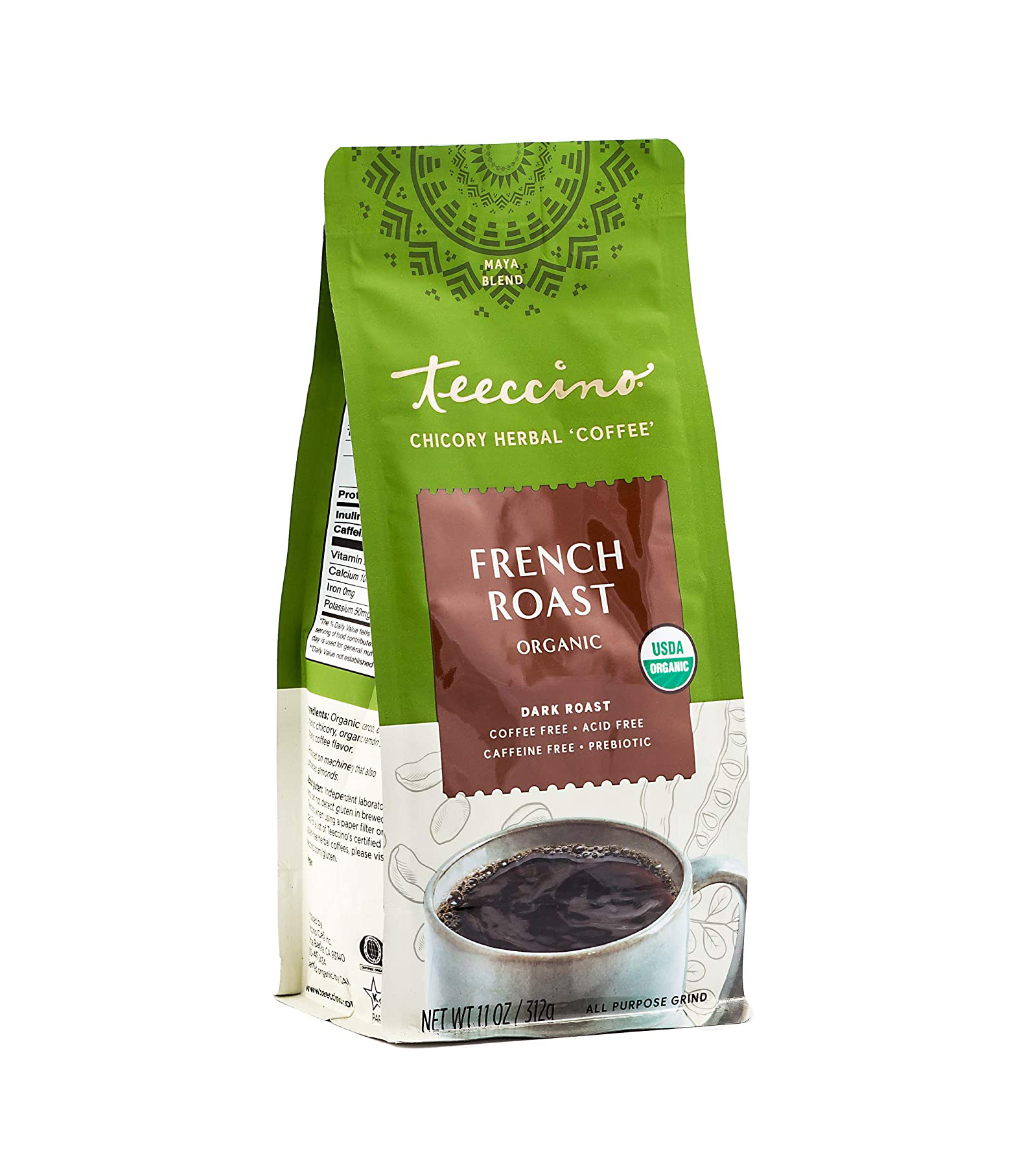
You can find chicory root in coffee substitutes. It's a saturated source of prebiotics, so you don't want to consume too much since it can cause stomach discomfort.
Shiitake Mushrooms
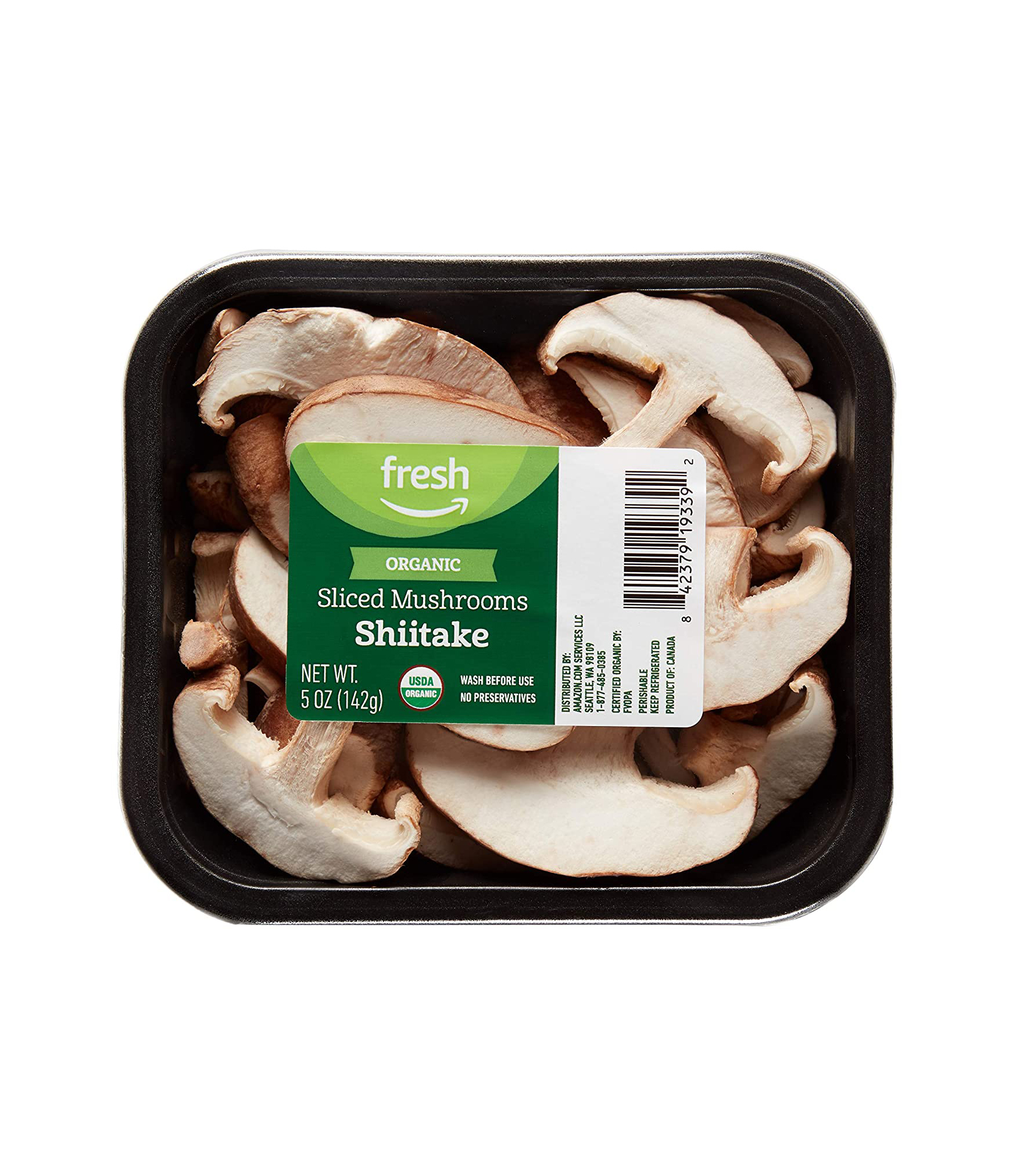
These contain beta-glucans and can aid in healing and immunity.
Next: Gut Experts Share All the Myths and Truths of Probiotics
Disclaimer
This article is provided for informational purposes only and is not intended to be used in the place of advice of your physician or other medical professionals. You should always consult with your doctor or healthcare provider first with any health-related questions.
Sarah is lifestyle writer and editor with over 10 years of experience covering health and wellness, interior design, food, beauty, and tech. Born and raised in Los Angeles, she attended New York University and lived in New York for 12 years before returning to L.A. in 2019. In addition to her work at Who What Wear, she held editor roles at Apartment Therapy, Real Simple, House Beautiful, Elle Decor, and The Bump (sister site of The Knot). She has a passion for health and wellness, but she especially loves writing about mental health. Her self-care routine consists of five things: a good workout, “me” time on the regular, an intriguing book/podcast/playlist to unwind after a long day, naps, and decorating her home.
-
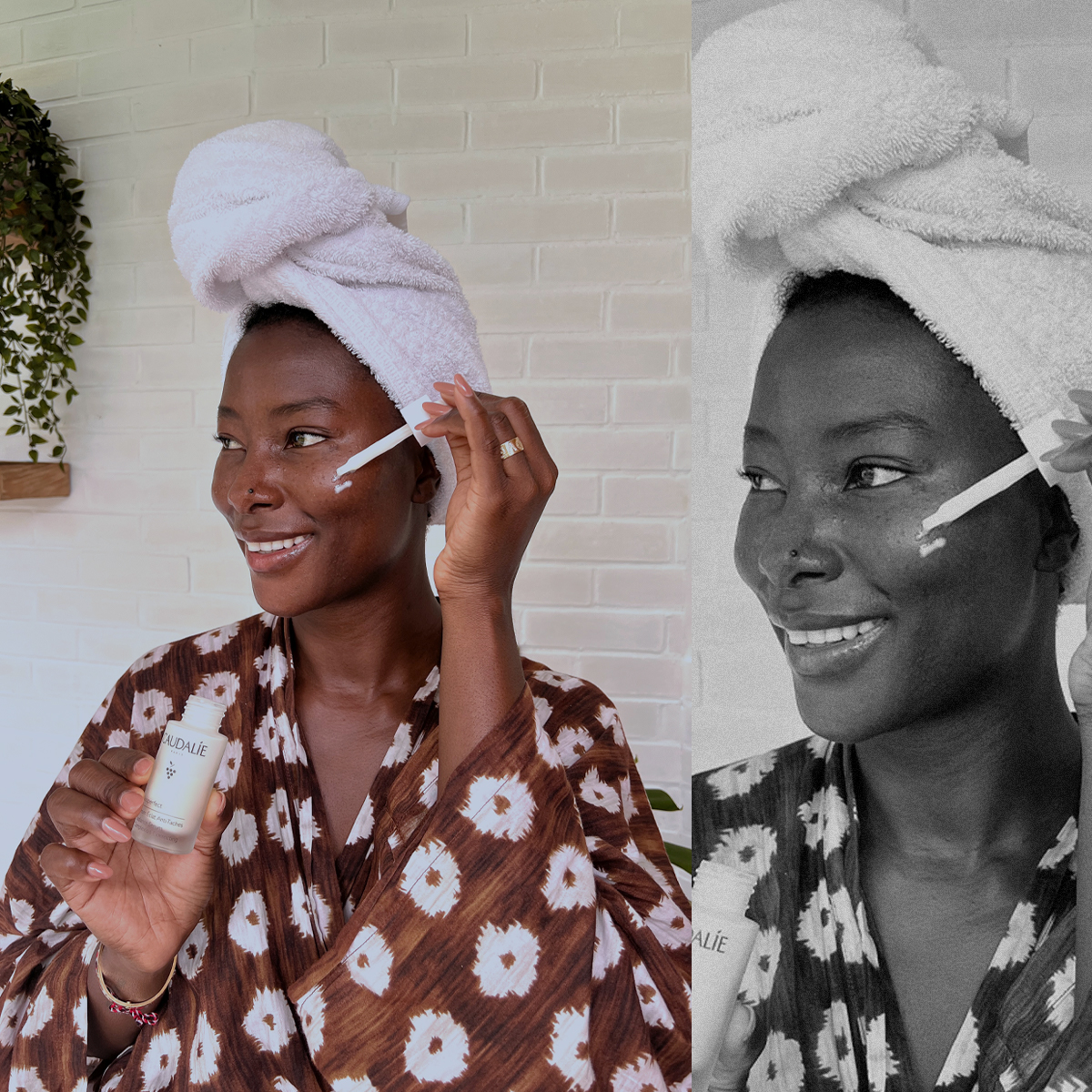 This Beauty Blogger's Wind-Down Routine Is Anything But a Snooze
This Beauty Blogger's Wind-Down Routine Is Anything But a SnoozeSee her go-to workout and her favorite vitamins.
By Virginia Yapp
-
 This Founder Shares Why We Should Start Celebrating Rest
This Founder Shares Why We Should Start Celebrating RestBurnout is nothing to be proud of.
By Kia Topps
-
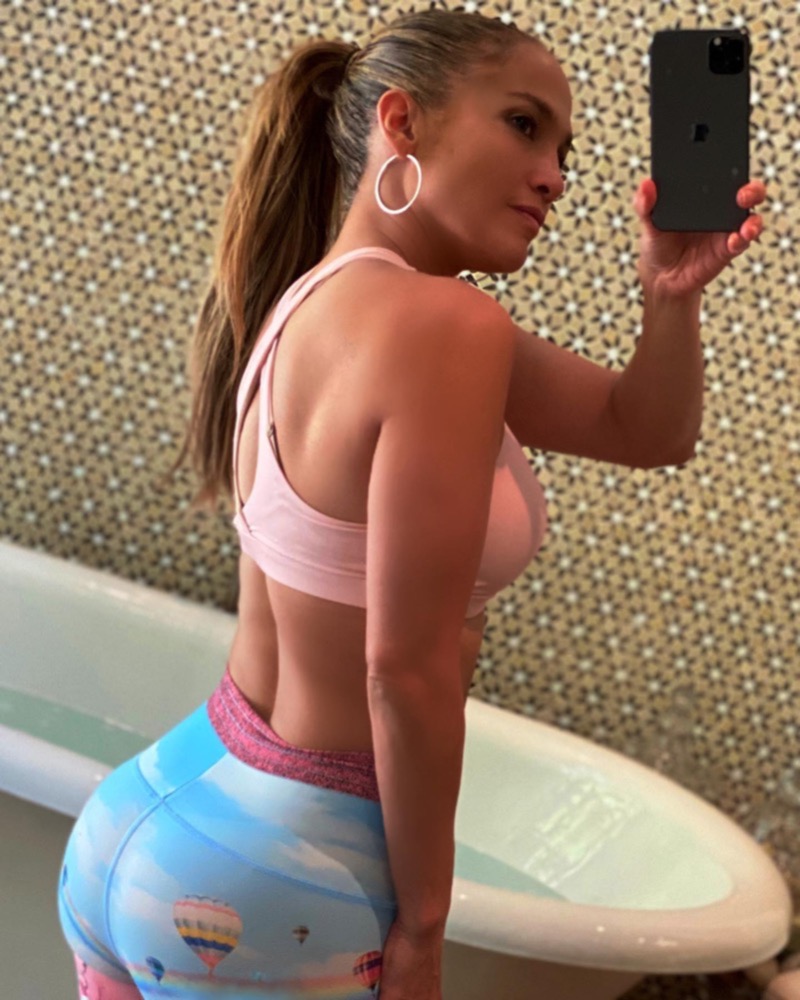 I Asked J.Lo's Trainer for His Very Best Fitness Tips
I Asked J.Lo's Trainer for His Very Best Fitness TipsGunnar Peterson has thoughts on how to get moving this season.
By Kia Topps
-
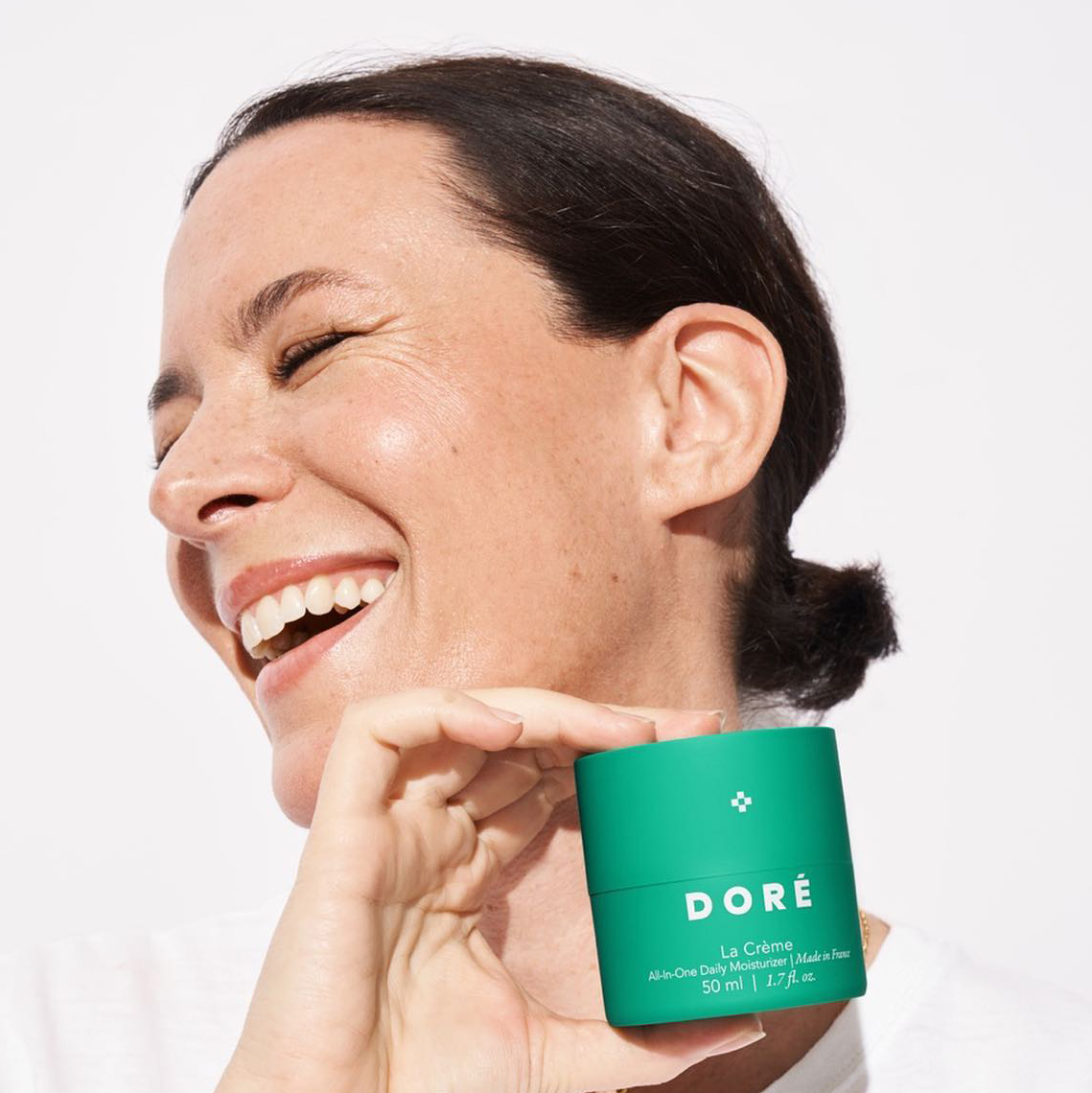 This Style Influencer Turned Founder Shares Her Favorite Ways to Start the Day
This Style Influencer Turned Founder Shares Her Favorite Ways to Start the DayA morning routine from London.
By Candice Aman
-
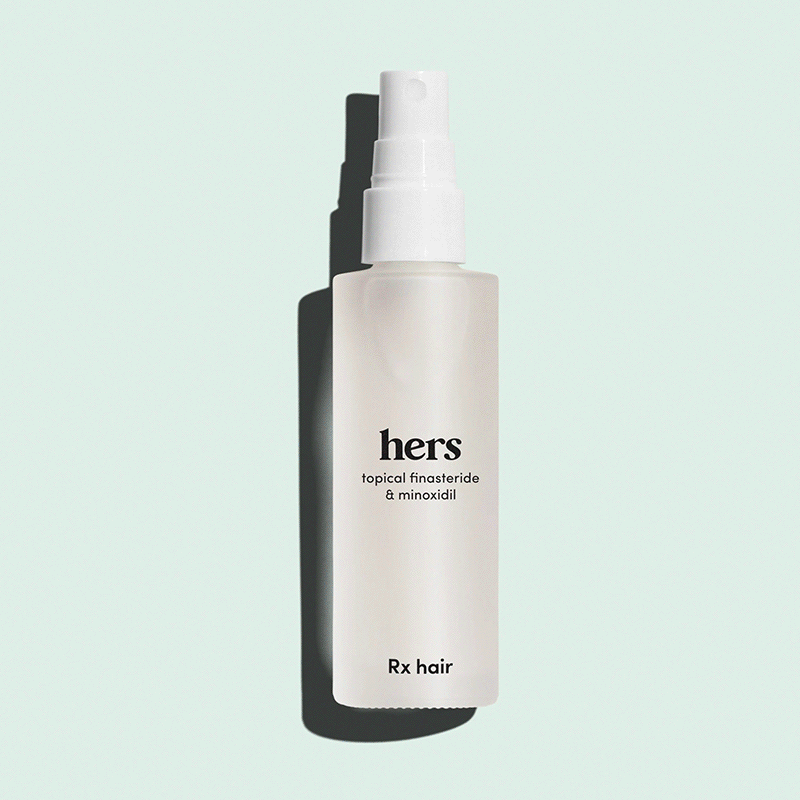 13 Products That Will Step Up Your Self-Care Game From Home
13 Products That Will Step Up Your Self-Care Game From HomeGet that glow from within.
By Natalie Gray Herder
-
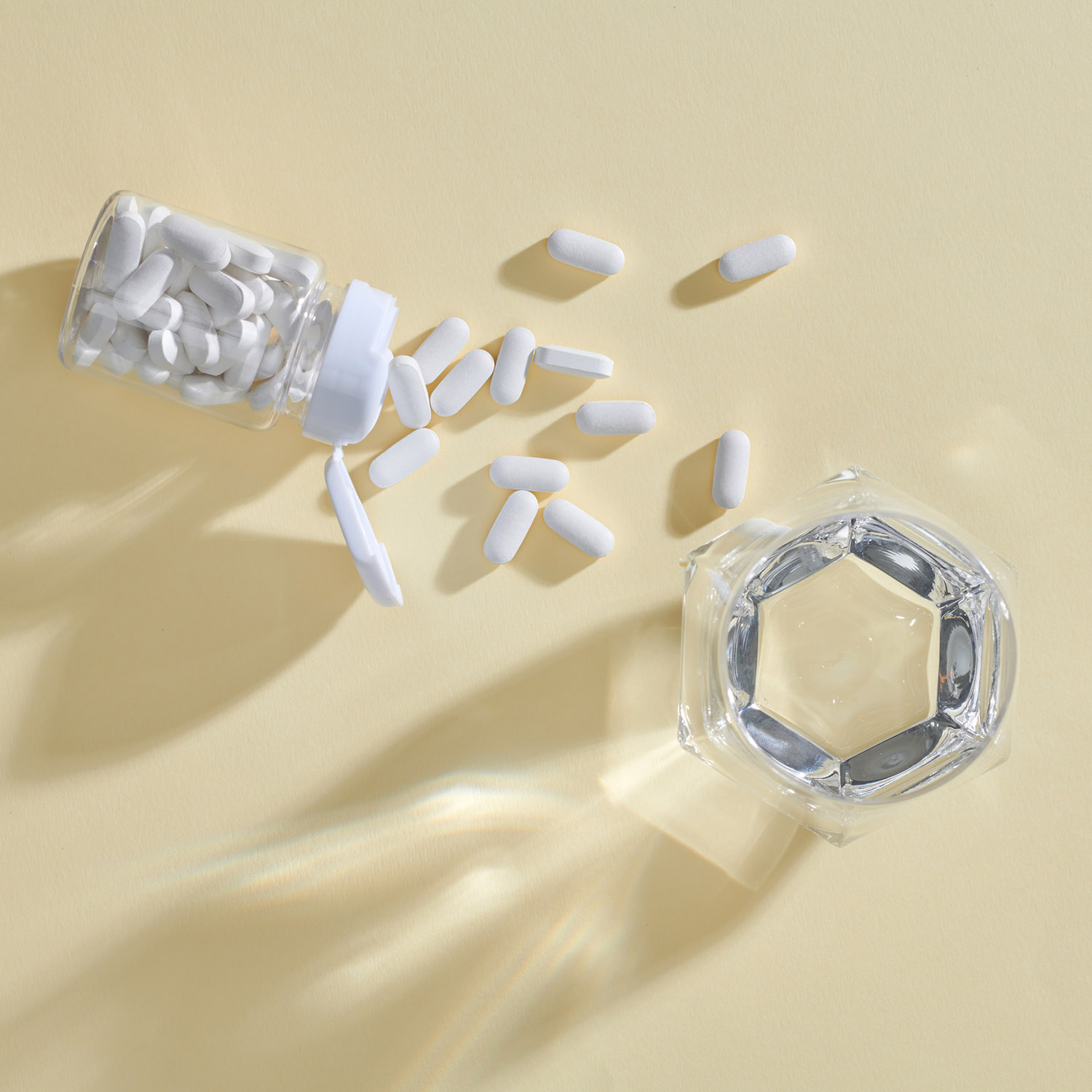 Don't Forget This Vital Ingredient When It Comes to Gut Health
Don't Forget This Vital Ingredient When It Comes to Gut HealthIt's crucial.
By Sarah Yang
-
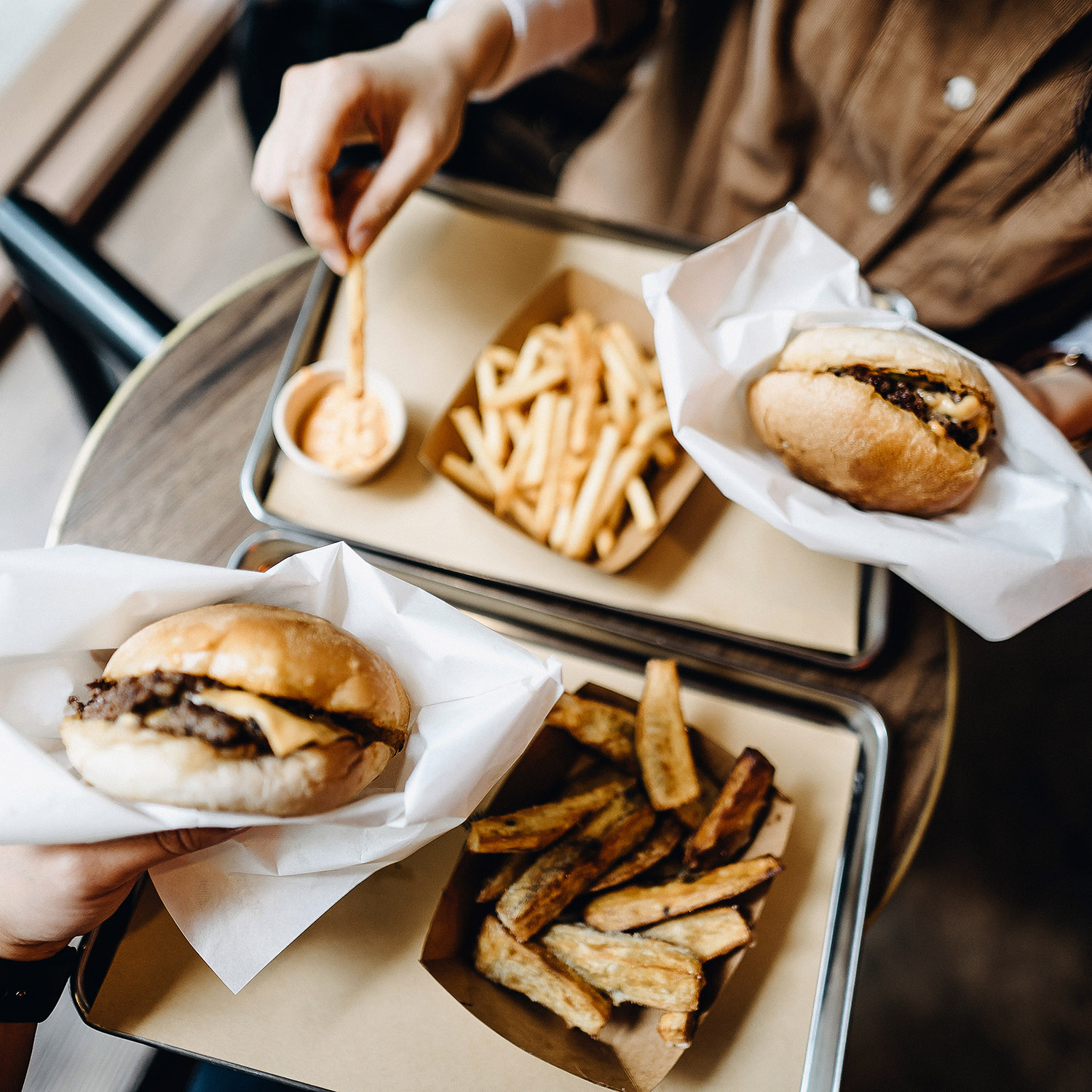 These 8 Foods Are the Worst for Rosacea—Here's What to Eat Instead
These 8 Foods Are the Worst for Rosacea—Here's What to Eat InsteadControl those flare-ups.
By Sarah Yang
-
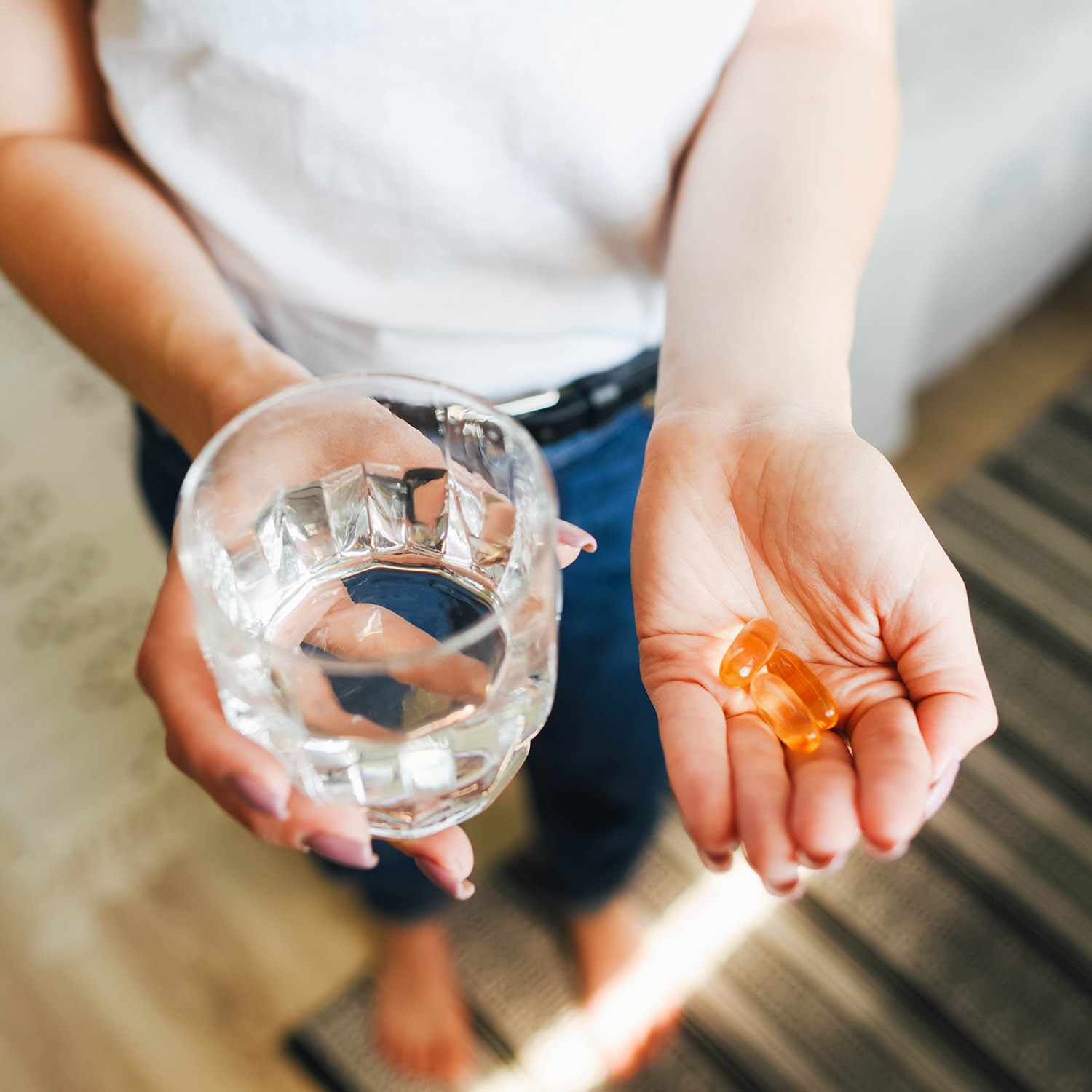 FYI: This Vitamin Affects Your Skin, Immune System, and Eye Health
FYI: This Vitamin Affects Your Skin, Immune System, and Eye HealthIt's a big deal.
By Sarah Yang

